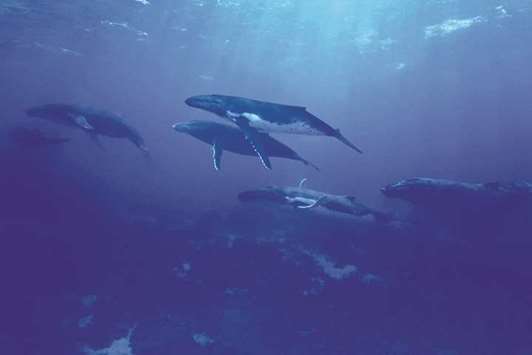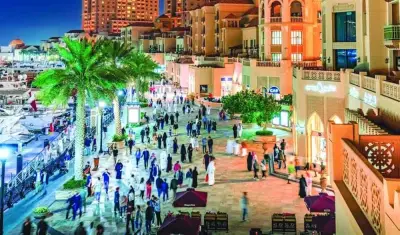Apparently lost on the administration are two simple facts: If we want to keep fishing, we need places where there is no fishing. If we want to maintain coastal tourism economies, we need places without drilling.
This is not about hugging whales and waxing sentimental about coral reefs.
We need to use the ocean - food security and jobs depend on it. But we must be careful not to use it up. And right now, despite its vastness, we are indeed in danger of using it up.
Think of the ocean as a trust fund. If you want to rely on that fund for the rest of your days, you can only use the interest. For millenniums, humans lived off the interest of the earth’s abundant natural resources. But in the last century, we’ve been rapidly, dramatically depleting the principal. We are also hurting our interest rate - destroying nature’s ability to heal itself.
We are overfishing the ocean, killing fish faster than they can make babies. Thirty-two per cent of the world’s fish populations are overfished, and another 58% are fished to their maximum. Warming and acidifying waters are annihilating our coral reefs, which are on track to collapse by 2050. That’s despite the fact that many reefs are protected; the situation would be worse if fishing and other activities were permitted in those areas.
The ocean is often out of sight and out of mind, obscured beneath the surface. It can be hard to imagine how we could possibly influence something so large. But if we are not careful, we will lose our valuable ocean resources and all the food and jobs they provide.
Fishing provides work for 11% of the world’s population. Seafood accounts for 17% of the world’s protein. Reefs, mangroves and marshes create coastal storm protection worth billions of dollars. In the US, the ocean economy employs more than 3mn people - more than farming, telecommunications and construction combined. If ocean ecosystems collapse, we’ll lose all of these benefits.
That’s why we must protect the principal. This means we must increase marine protected areas, not demolish them.
The scientific consensus is that to create a fully sustainable ocean, we need to fully protect at least 30 % of it. Currently, the US protects 13.5% of coastal waters; we’ll drop to a small fraction of that if the Trump administration has its way. That’s going in the wrong direction.
In recent times, the US has been a world leader in ocean policy and sustainably managed fisheries. That’s thanks to the Magnuson Stevens Act, which outlaws overfishing and requires the rebuilding of depleted fish populations. Previous administrations, both Republican and Democrat, have added to our portfolio of protected areas. Elected officials of both parties have strongly opposed marine oil drilling, knowing how devastating spills are to the tourism and recreation sectors.
President George W Bush created the Papahanaumokuakea Marine National Monument in the northwestern Hawaiian Islands. President Obama expanded that monument. Ocean conservation, clearly, need not be partisan.
Despite the slow and steady expansion of protected areas in US waters, we have no shortage of ocean left to fish. The US has the largest exclusive marine economic zone of any nation in the world, so we can certainly afford to protect 30% of it - then we can continue fishing sustainably in the other 70%. And the American public is strongly in favour of such protections. As Interior Secretary Ryan Zinke noted, “comments received were overwhelmingly in favour of maintaining existing monuments.”
The rest of the world is charging ahead regardless. In 2017 alone, Chile, Mexico, Niue, Micronesia, Haiti, Canada, Pakistan and others declared new marine protected areas. They are doing so not out of the goodness of their hearts, but because it makes good economic sense. They are ensuring a long-term, ever-replenishing source of food and energy.
Instead of bankrupting our ocean, we should be restoring and conserving marine resources. That way we can have our fish and eat them too. - Tribune News Service



